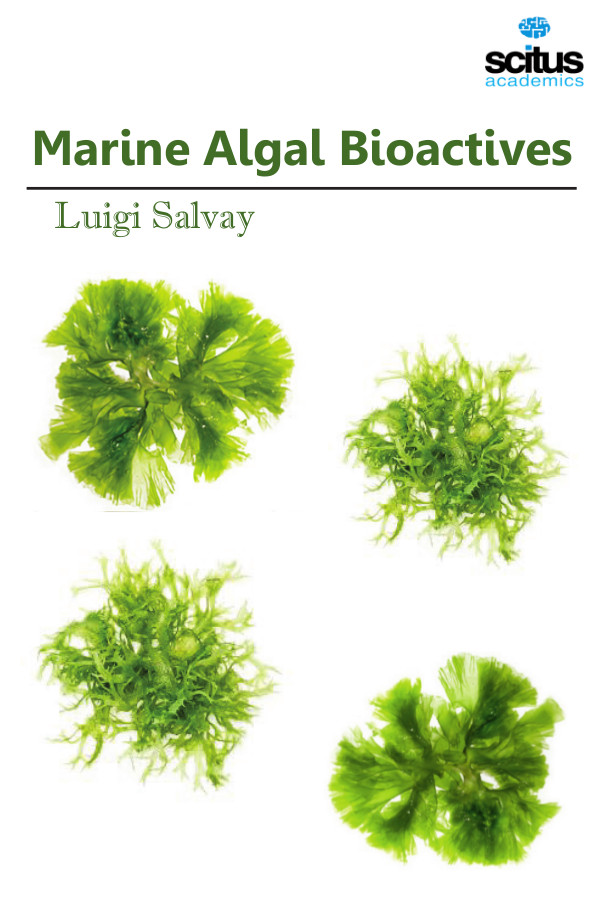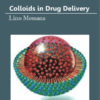Marine organisms are potentially prolific sources of highly bioactive secondary metabolites that might represent useful leads in the development of new pharmaceutical agents. Algae can be classified into two main groups; first one is the microalgae, which includes blue green algae, dinoflagellates, bacillariophyta (diatoms) etc., and second one is macroalgae which includes green, brown and red algae.
Marine algal species produce a variety of compounds that are ultimately beneficial to human health. The wide diversity in the biochemical composition of seaweeds provides an excellent choice to explore a variety of biologically active components in their bodily composition with a broad range of physiological and biochemical characteristics, many of which are rare or absent in other taxonomic groups. Marine algae are a famous fragility in some parts of world, and also a well-known source of important food phlorotannins, pigments and sulfated polysaccharides. Compared to the terrestrial plants and animal-based foods, seaweed is rich in some health-promoting molecules and materials such as, dietary fiber, ω-3 fatty acids, essential amino acids, and vitamins A, B, C, and E.
The marine world, due to its phenomenal biodiversity, is a rich natural resource of many biologically active compounds. Many marine organisms live in complex habitats exposed to extreme conditions and, in adapting to new environmental surroundings, they produce a wide variety of secondary (biologically active) metabolites which cannot be found in other organisms. Furthermore, considering its great taxonomic diversity, investigations related to the search of new bioactive compounds from the marine environment can be seen as an almost unlimited field.
Marine Algal Bioactives enlightens readers on the numerous bioactives of marine algae in drug discovery and development, ranging from the preliminary research to clinical trial. The importance of marine algae, the isolation of bioactives, their significance in biological effects, and their biomedical and industrial applications are presented.
Increasing knowledge regarding the impact of diet on human health along with state-of-the-art technologies has led to significant nutritional discoveries, product innovations, and mass production on an unprecedented scale. Specifically, naturally occurring bioactive extracts or single compounds thereof, that are believed beneficial to human health, have produced an important and dynamic new extent of research resulting in significant developments in nutritional familiarity. The marine environment signifies a relatively untapped source of functional ingredients that can be useful to various aspects of food processing, storage, and fortification. Furthermore, in this text, several marine-based compounds have been recognized as having varied biological activities, with some reported to interfere with the pathogenesis of diseases.













